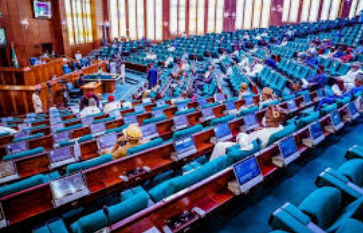A proposal by the House of Representatives Constitution Review Committee to create 31 additional states in Nigeria has sparked widespread criticism from prominent groups and individuals. Many Nigerians argue that the move is impractical and could further complicate governance in the country.
The proposal, detailed in a letter read by Deputy Speaker Benjamin Kalu during Thursday’s plenary, suggests expanding Nigeria’s 36 states to 67. The initiative has, however, been met with strong opposition from socio-cultural groups such as Afenifere and the Arewa Consultative Forum, both of which dismissed the idea as unnecessary and unrealistic.
According to the committee chaired by Kalu, the proposed states include six in the North-Central, four in the North-East, five in the North-West, five in the South-South, and seven in the South-West. If implemented, the restructuring would significantly alter Nigeria’s political landscape.
Some of the proposed states include Okun, Okura, and Confluence from Kogi; Adada from Enugu; Orlu and Aba in the South-East; Warri from Delta; Lagoon from Lagos; and Ibadan from Oyo. The plan also considers states such as Gujarat in Kaduna, Katagum in Bauchi, and Tiga in Kano, among others.
Critics argue that the move is not only unrealistic but also politically motivated, given Nigeria’s economic challenges and the difficulty of funding more state governments. Many believe that rather than increasing the number of states, efforts should be directed toward strengthening governance, improving infrastructure, and addressing pressing national issues.

